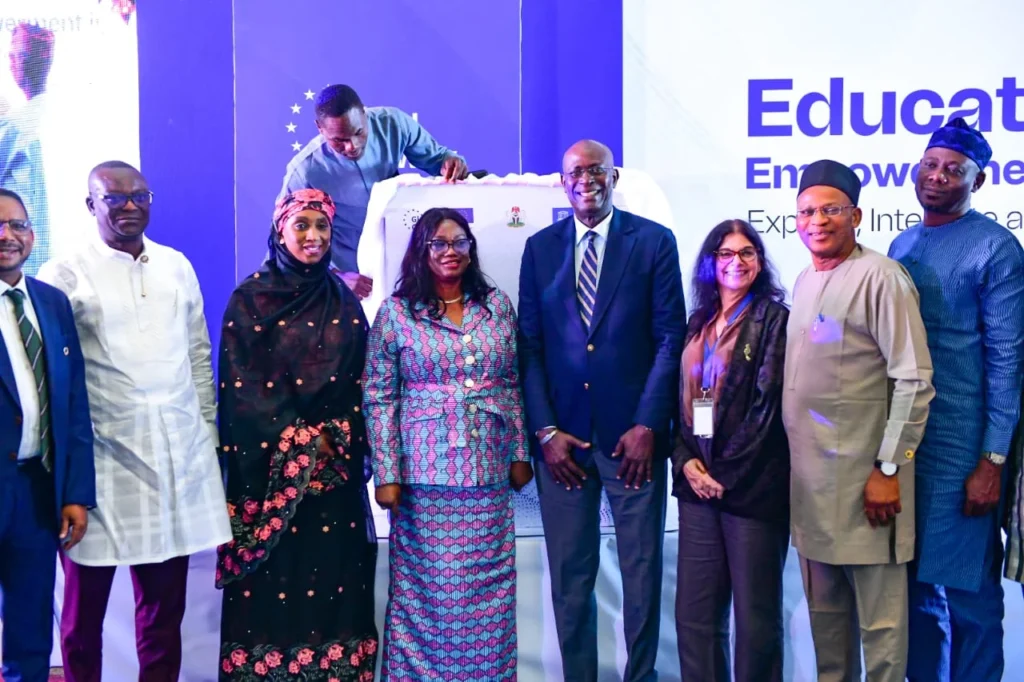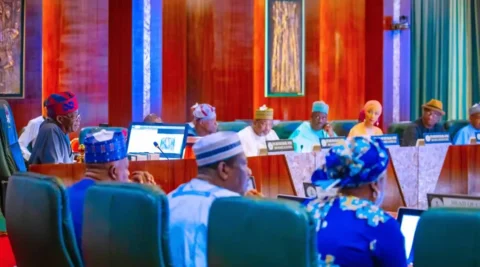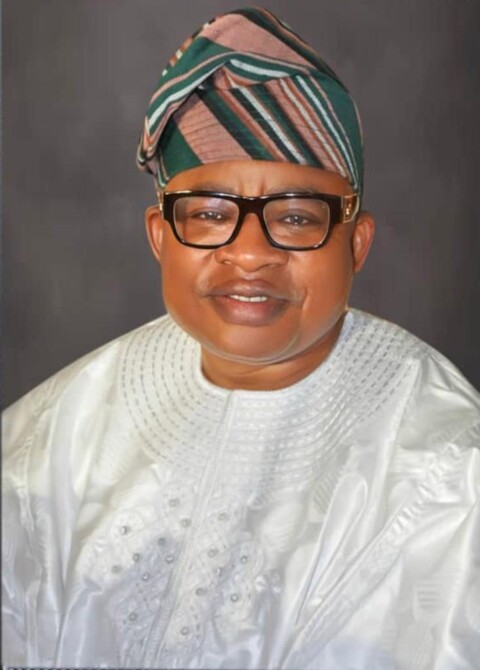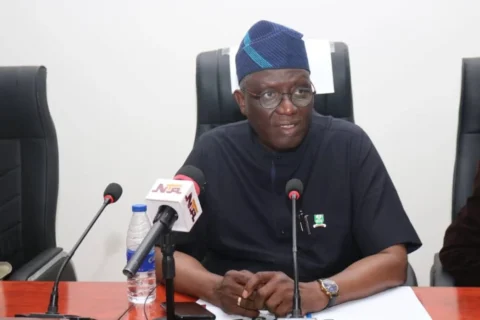The European Union (EU) has officially launched the second phase of its education program, “Expand, Integrate, and Strengthen Systems (EISS),” aimed at enhancing teacher capacity in Nigeria. This announcement was made by the EU Ambassador to Nigeria and ECOWAS, Ms. Samuela Isopi, during the program’s inauguration in Abuja. Ms. Isopi, represented by the EU’s Head of Human Development, Leila Mathieu, highlighted that this phase of the program focuses specifically on teachers.
This new phase builds on the initial phase, Education and Youth Empowerment in North Western Nigeria, which began in 2023. Together, both phases represent an investment of 45.4 million euros under the Global Gateway Strategy, which aims to create smart, clean, and secure connections in various sectors such as digital, energy, and transport. It also aims to strengthen global health, education, and research systems.
The EU, under the EISS program, will collaborate with six training colleges located in Adamawa, Bayelsa, Enugu, Katsina, Plateau, and Oyo states. These colleges will, in turn, extend their reach to a broader group of teachers. The emphasis on teachers is due to their crucial role in education, serving as the foundation for inspiring and guiding future generations. Investing in teachers is seen as an investment in the collective future, given their essential role in shaping young minds.
Teachers in Nigeria face many challenges, such as lack of resources and the need to adapt to fast-changing educational environments. The European Union, working with the Nigerian government, has recognized these issues and aims to support teachers in their professional growth and resilience. By empowering teachers, the EU seeks to improve education quality and ensure students get the guidance and support they need to succeed in a changing world.
The EISS initiative will support the development and review of education policies and career paths for teachers in Nigeria. It will improve teachers’ skills and resilience through training programs before and during their service. Additionally, it will strengthen collaboration between teachers and students in schools and communities. This program will be implemented in partnership with UNESCO.
UN Resident Coordinator Mohammed Fall praised Nigeria’s efforts to achieve the Sustainable Development Goals (SDGs) but expressed concern about the high number of poorly trained teachers. A 2021 UNESCO report shows that Sub-Saharan Africa has the lowest percentages of trained teachers: 57% in pre-primary, 67% in primary, and 61% in secondary education. The 2023 UNESCO Global Report on Teachers noted that teacher attrition is a global issue, with the rates of primary education teachers leaving the profession doubling from 4.6% to 9% between 2015 and 2022.
Nigeria’s Minister of Education, Prof. Mamman Tahir, represented by the Director of Basic Education, Dr. Folake Olatunji-David, recognized the significant milestone this program represents in transforming Nigeria’s educational landscape. He praised the EU’s funding support, UNESCO’s technical assistance, and the commitment of the state governments involved. The project aims to improve student outcomes and contribute to Nigeria’s development by increasing the number of qualified and resilient teachers. It also seeks to address the many challenges faced by teachers in Nigeria, especially in demanding environments.
This initiative will give teachers the tools and support they need to excel. By strengthening teacher education programs and implementing strong policies, Nigeria can ensure teachers are well-prepared, properly recruited, deployed, and managed. The six states benefiting from the program will serve as models of excellence to be replicated nationwide.





